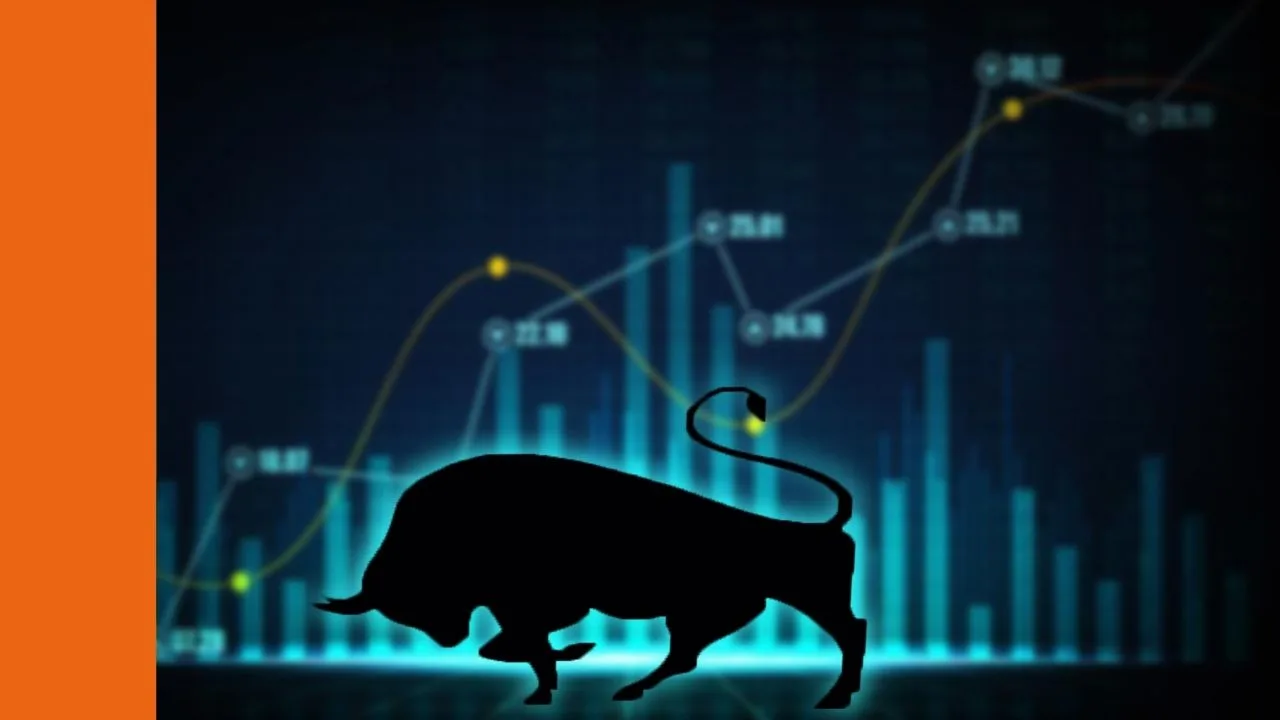Japan is a country that many investors have avoided for some time due to negative interest rates and the so-called “lost decade”. Could the iShares MSCI Japan ETF (ASX: IJP) still make a good investment?
What Are ETFs?
Australian exchange-traded funds, or ASX ETFs, are investment funds that are listed on a securities exchange and provide exposure to a range of shares or assets with a single purchase. The video below explains ETFs in more detail.
iShares MSCI Japan ETF
The iShares MSCI Japan ETF is an index-tracking ETF that aims to match the performance of the MSCI Japan Index by investing in a portfolio of over 300 of the largest Japanese companies.
These companies include some familiar names such as Toyota Motor Corp (TYO: 7203), Sony Corp (TYO: 6758), and Nintendo Co. Ltd (TYO: 7974).
Investments are spread across a range of industries with the largest weightings in industrials (20.6%), consumer discretionary (18.7%), information technology (11.3%) and financials (10.5%).
This would suggest that the IJP ETF provides reasonable diversification benefits to an ASX 200 ETF, which typically overweights financials, materials and health care.
Since the fund’s inception date in 1996, the annual return has been only 1.22% per year, which shows why many investors have avoided Japan. However, the Japan ETF has returned 6.76% over the last ten years and 11.21% over the last five years.
While the Japanese economy saw no growth for more than a decade, the market has begun to pick up in recent years. The lack of growth and apprehension from investors has kept valuations relatively low, with the average price-earnings (PE) ratio only 12.89 times for this ETF.
Fees And Risks
The iShares MSCI Japan ETF has a management fee of 0.47% and several risks to consider. For instance, although the Japanese economy has shown signs of a recovery, the country still has negative interest rates, low GDP growth (around 1%) and an ageing population.
The ageing population, in particular, is an issue because over time it could lead to a reduction in productivity and GDP growth. If Japan did head toward a recession, there would be little that the central bank could do with interest rates already negative.
My Take
Japan is a global leader when it comes to technology innovations and many Japanese companies look like they have great growth potential. However, the risks for the overall economy still seem high. Despite the recent growth, I’m not fully convinced now is the right time to invest in this ETF.
I’d rather invest in our number one ETF pick mentioned in the free report below.
[ls_content_block id=”14948″ para=”paragraphs”]
Disclosure: At the time of writing, Max does not own shares in any of the companies mentioned.








